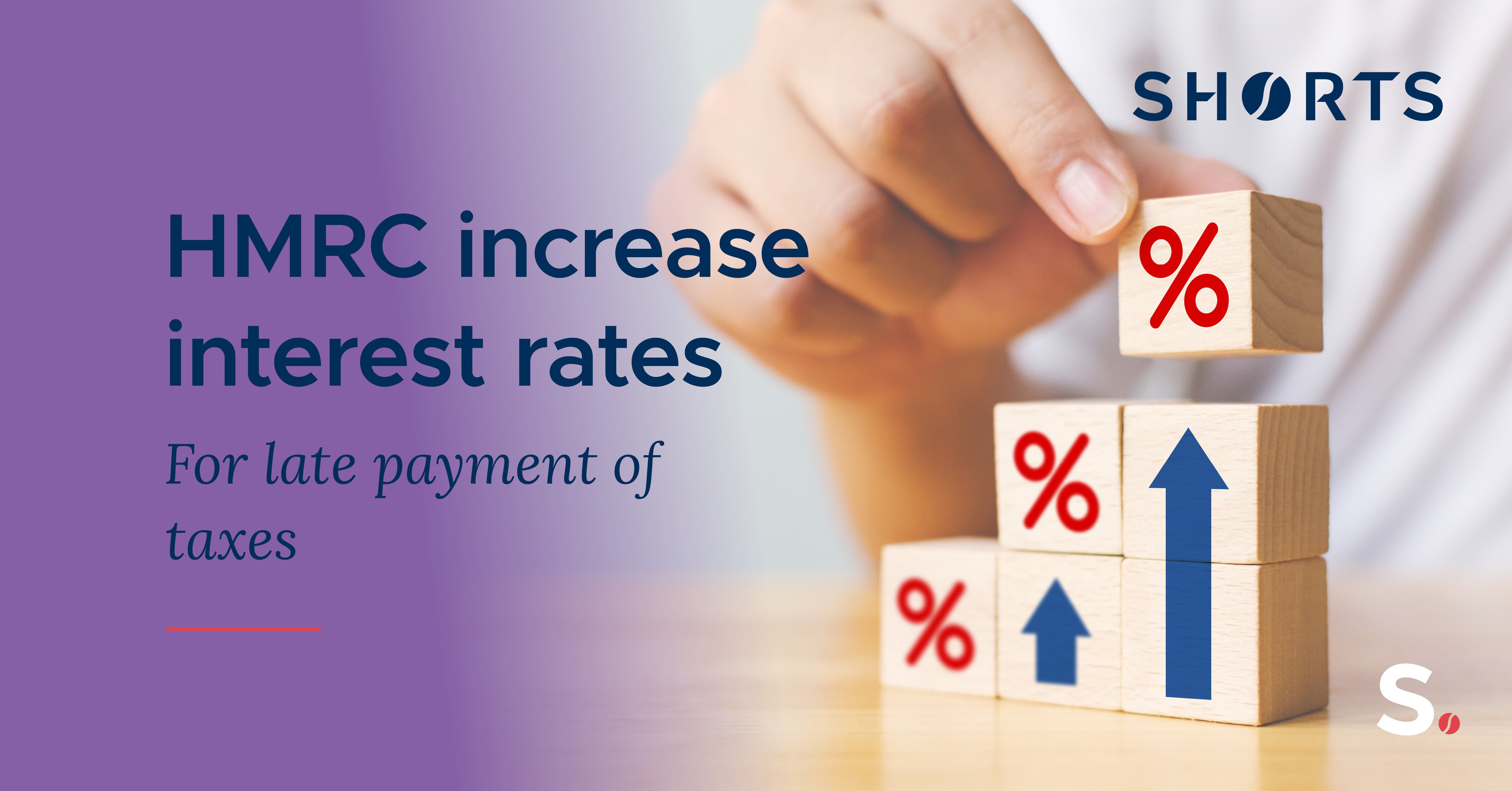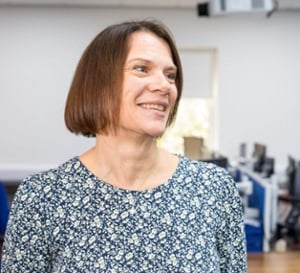
Taking effect from 6th April 2025, HMRC have increased interest rates for late payment of taxes, including VAT, to 8.5%.
How is the rate of interest calculated?
- The interest rate is calculated on the base rate plus 4%. Prior to this rise the rate was the base rate plus 2.5%
- Since 2022, HMRC have increased late payment interest rates by 5.75%
- Interest paid by HMRC on delayed repayments remains at 3.5% calculated on the base rate minus 1%. Repayment interest rates have fallen 0.5% since August 2024,
The difference between the rate paid by taxpayers if a payment is late and the rate paid by HMRC if they delay making a repayment is getting wider. HMRC justify this in their online guidance, saying:
“The difference between rates is in line with the policy of other tax authorities worldwide. It compares favourably with commercial practice for interest charged on loans or overdrafts and interest paid on deposits.”
What are 'time to pay' arrangements?
Businesses struggling to pay tax debts, will find paying the interest on late payments even more difficult following the interest rate rise. A ‘time to pay’ arrangement with HMRC can avoid a penalty being issued but interest is still charged and continues to accrue whilst ever the debt remains outstanding.
Can I appeal against the interest charged by HMRC?
There is no right to appeal late payment interest, however, you can object to HMRC after the interest and any outstanding tax has been paid. HMRC will consider objections to interest in the following circumstances:
- HMRC has made a mistake or caused an unreasonable delay, which has contributed to the build-up of interest
- you dispute the relevant date or effective date of payment
- an explanation to an enquiry is not accepted
- you are questioning the legislation
Cases of disputed interest in respect of late payments are dealt with by the Interest Dispute Unit, but an objection should initially be made to your local office.
Whether high late interest payments encourage businesses to make timely payments or whether it will force more businesses into insolvency remains to be seen.

Lynne Gill
My area of expertise is land and property transactions but I have extensive knowledge of both domestic and international VAT and I love complex VAT queries. I have an Honours degree in Business Studies and a VAT legal and technical qualification from the Institute of Indirect Taxation.
View my articlesTags: VAT
